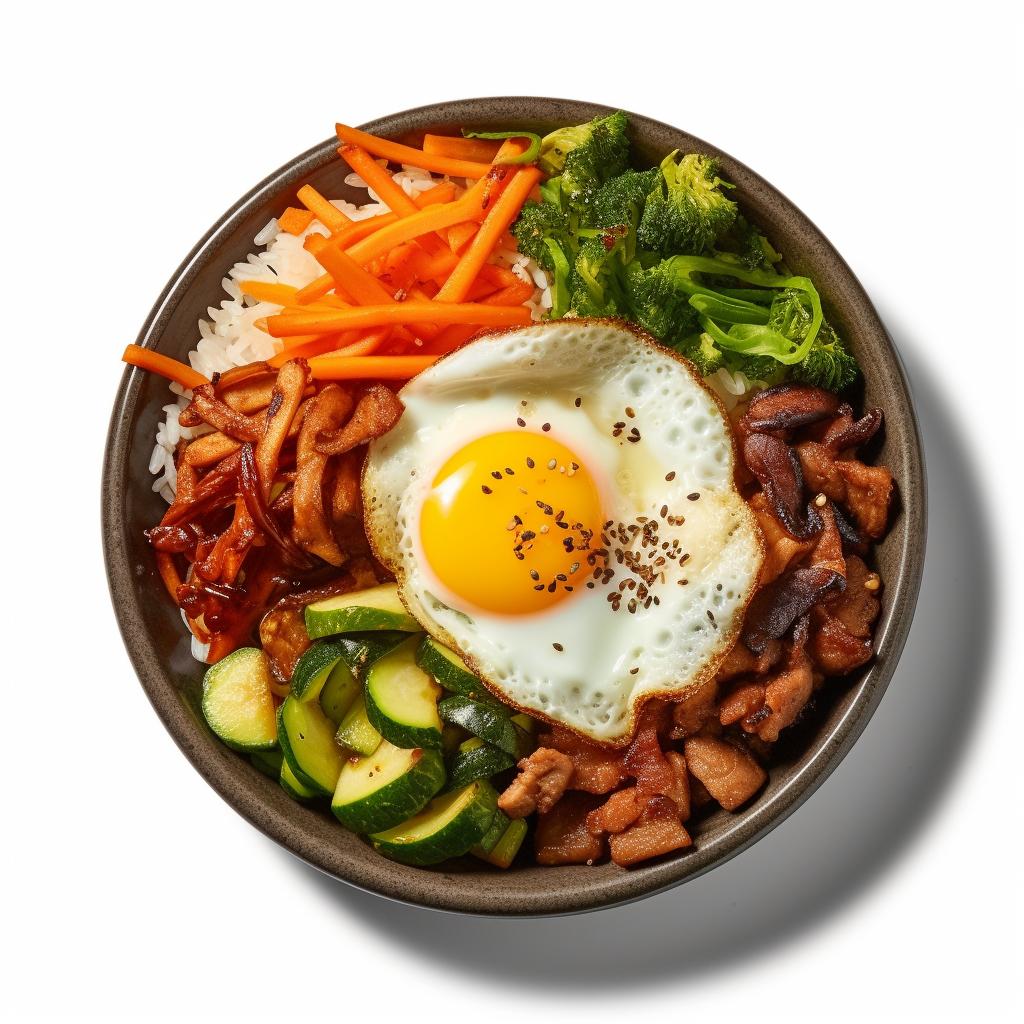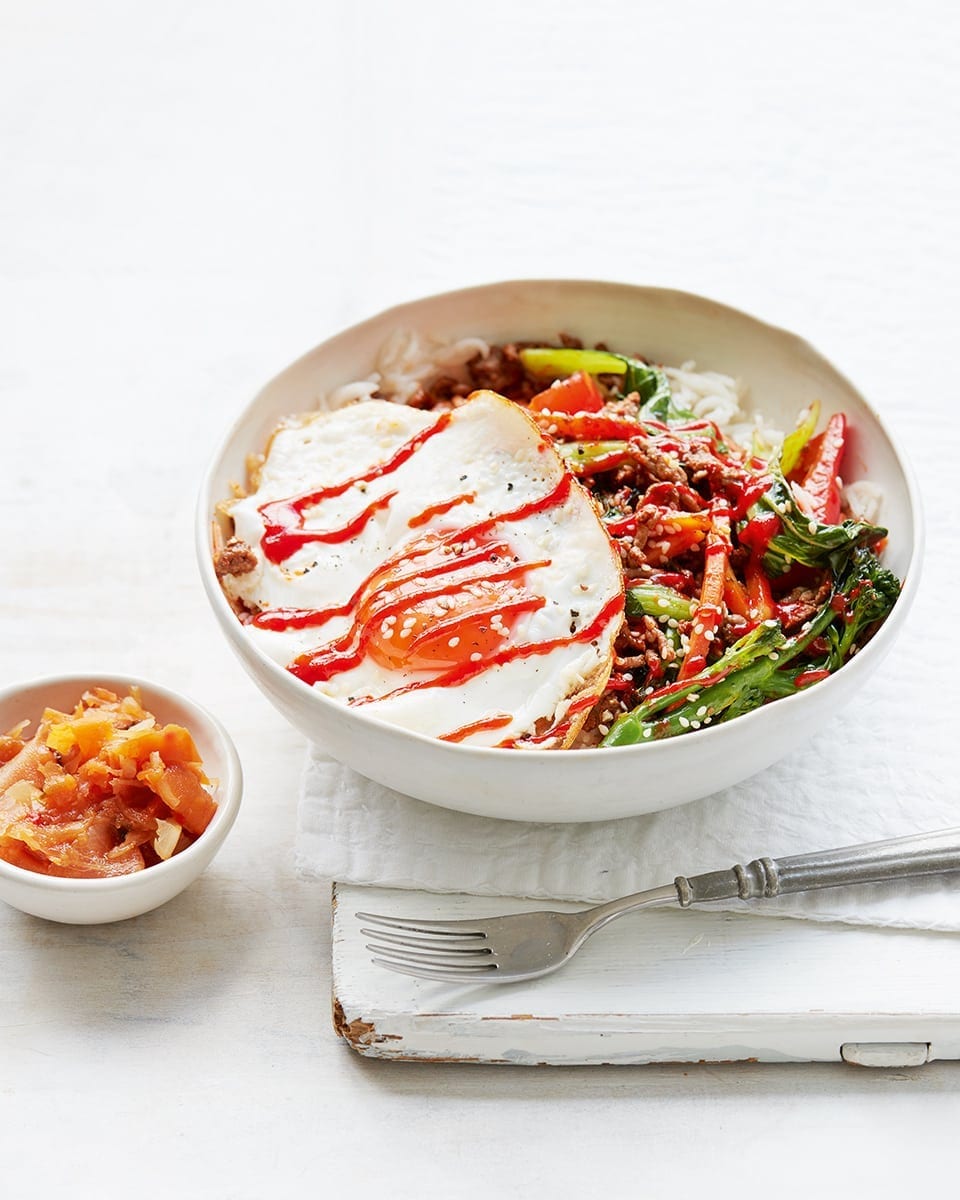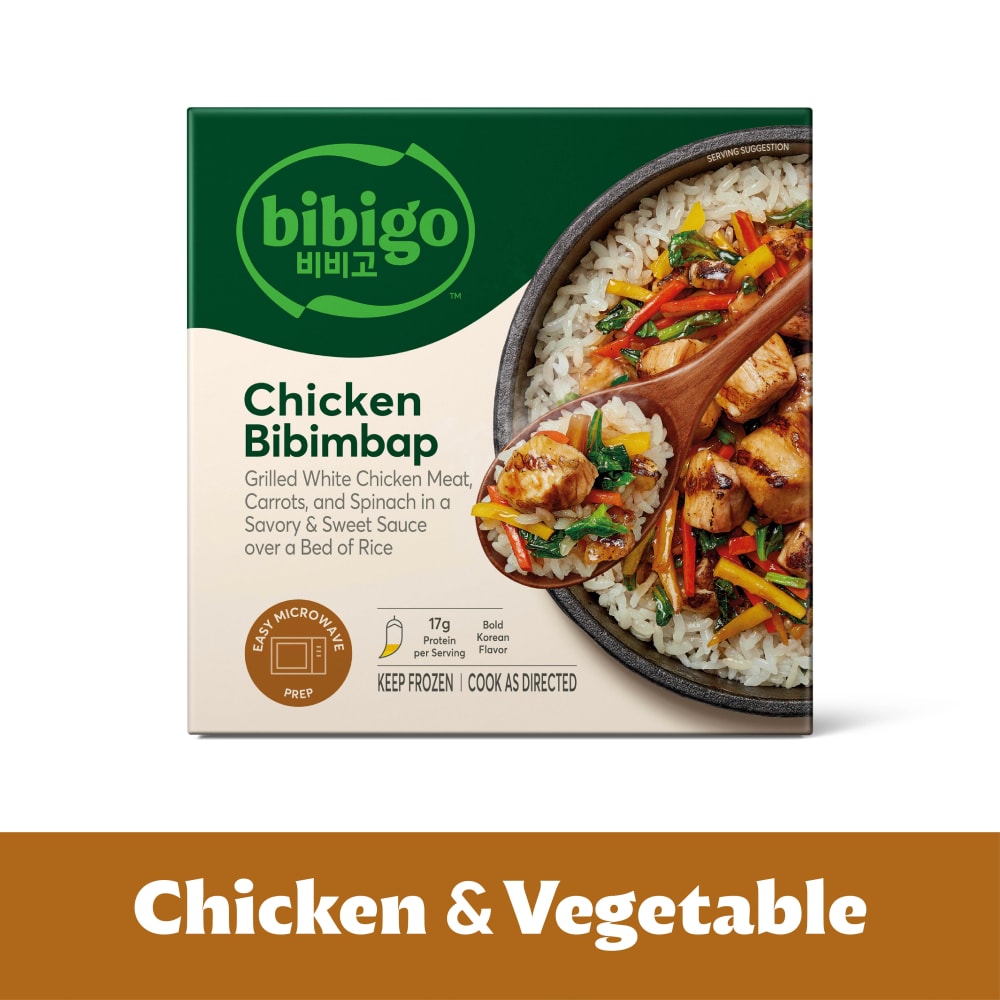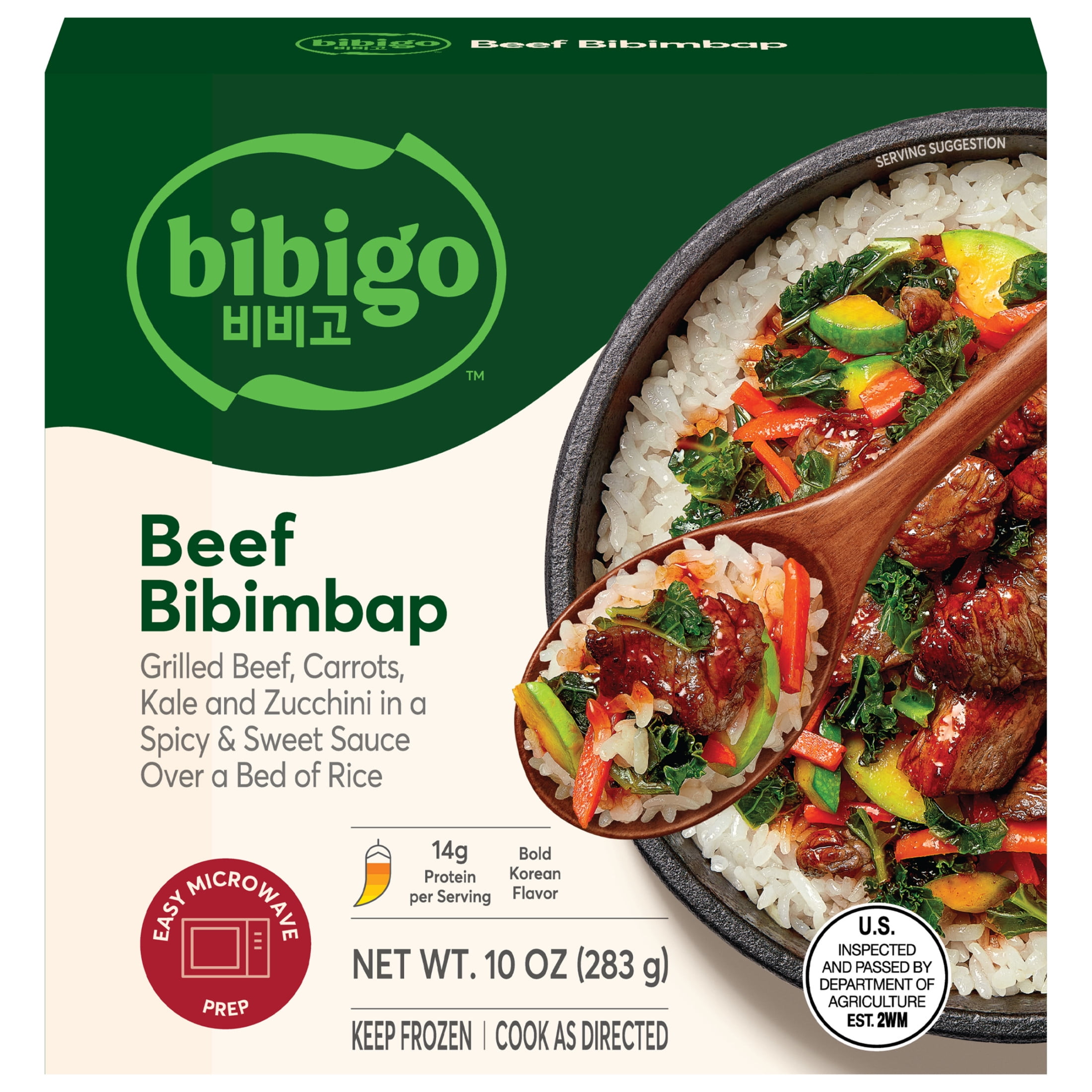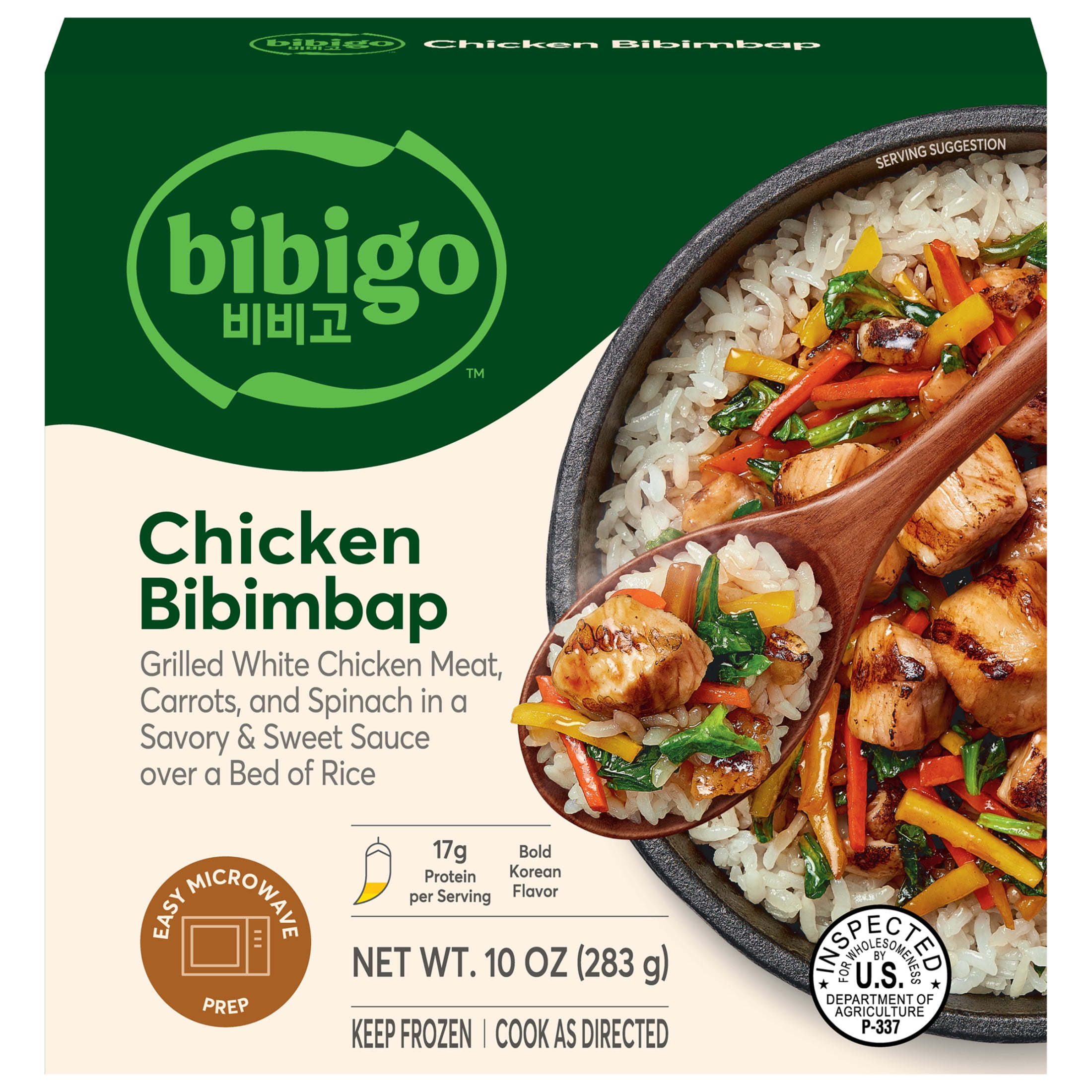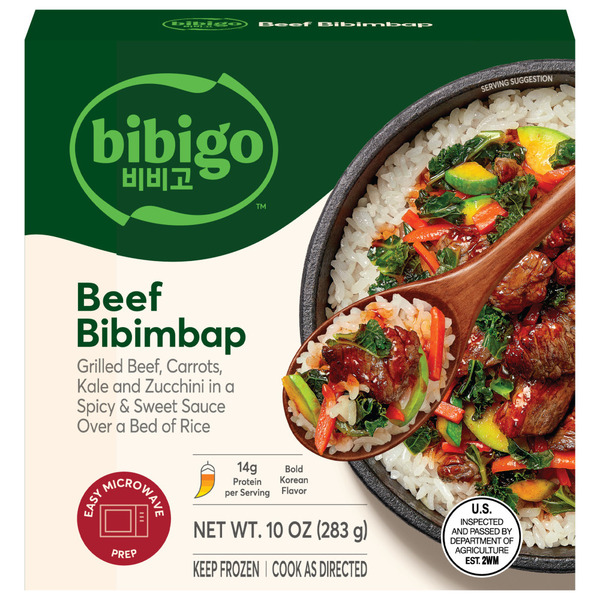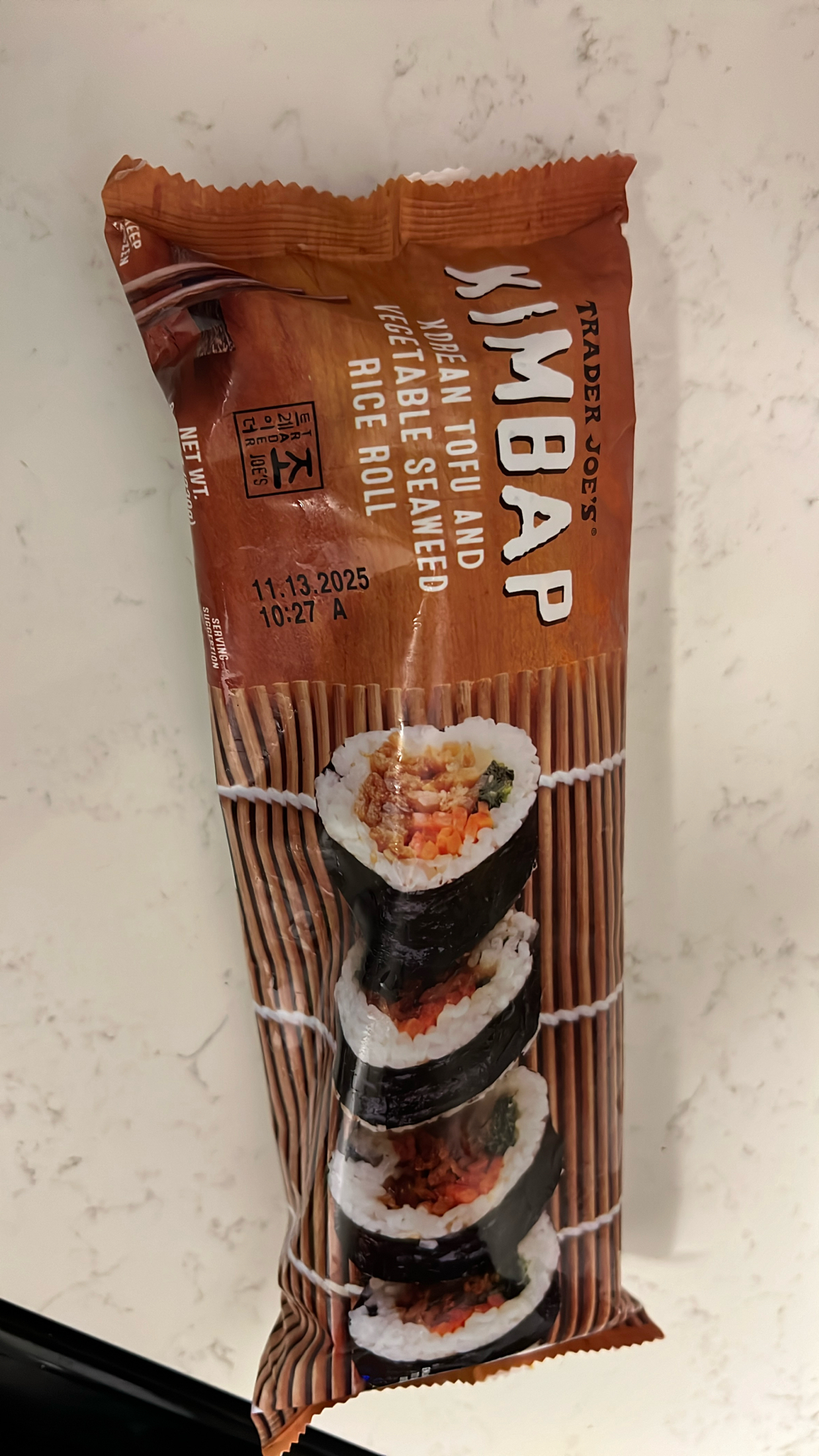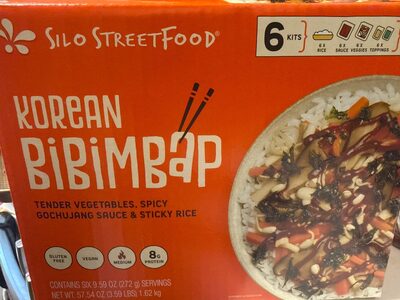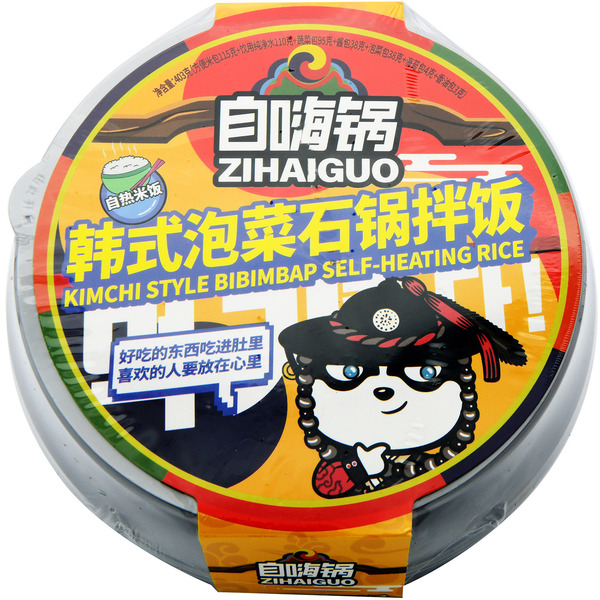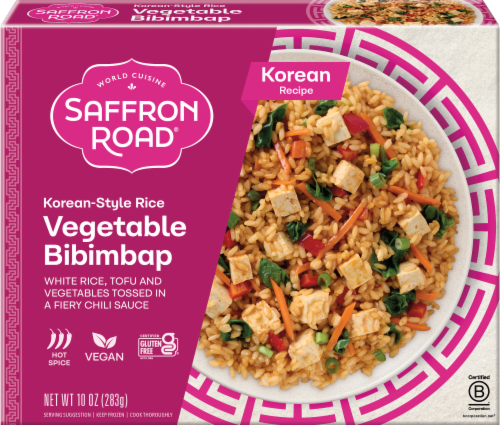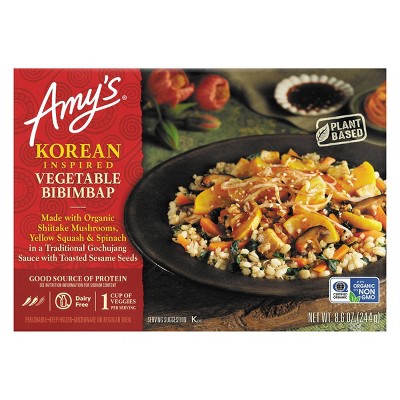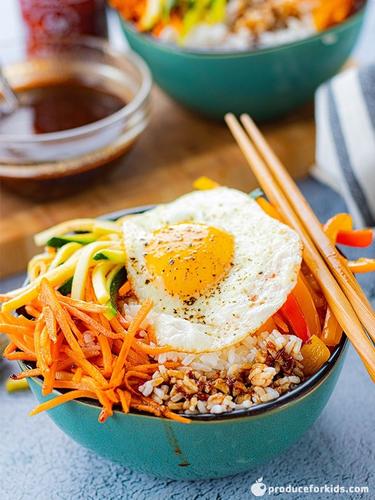Bibimbap
Bibimbap is a beloved dish in Korean cuisine that presents a vibrant, mixed rice bowl, symbolizing harmony and balance. The name 'Bibimbap' directly translates to 'mixed rice,' and the dish is traditionally served in a hot stone bowl with well-cooked rice at the bottom combined with various cooked vegetables, a dollop of spicy Gochujang sauce, a bit of protein (often beef or tofu), and often an egg on top to finish it off.
This versatile dish can be easily customized to accommodate individual taste preferences and dietary needs, making it a popular choice for home cooks. The distinct, complex flavors blend deliciously when the ingredients are mixed, providing an exciting culinary experience that is both healthy and satisfying.
54%
CARBS
24%
FAT
23%
PROTEIN
Featured Articles
23 Bibimbap Products
Bibigo Frozen Chicken & Vegetable Bibimbap Rice Bowl
Bibigo Frozen Beef & Vegetable Bibimbap Rice Bowl
Bibigo Frozen Frozen Chicken & Vegetable Bibimbap Rice Bowl
Bibigo Frozen Beef & Vegetable Bibimbap Rice Bowl
Kimbap
SAFFRON ROAD Korean Style Vegetable Bibimbap
Silo Street Food Korean Bibimbap
Zihaiguo Kimchi Style Bibimbap Self-Heating Rice
Saffron Road® Vegetable Bibimbap Korean-Style Rice Gluten Free
Amy's Vegan Frozen Korean Vegetable Bibimbap
21 Recipes for Bibimbap
1
Sizzling Steak Bibimbap Bliss
4
Easy Superfood Tofu Bibimbap
111
Superfood Bibimbap with Crispy Tofu
4
Tofu Sweet Potato Bibimbap
Bibimbap with Steak & Gochujang
Easy Bibimbap Inspired Recipe
3,395
Crispy Tofu Bibimbap with Mustard Greens & Zucchini
Vegetarian Bibimbap Bowls with Gochujang Soy Sauce
Bibimbap FAQ
What is Bibimbap?
What ingredients do I need for Bibimbap?
Do I need any special equipment to make Bibimbap?
Can I substitute ingredients in Bibimbap?
What are some tips for cooking Bibimbap?
How do I prevent common mistakes when making Bibimbap?
How should I store Bibimbap leftovers?
Can I prepare Bibimbap in advance?
Expiration & Storage Tips
When does Bibimbap expire?
Bibimbap, a Korean rice dish with meat and vegetables, generally stays fresh for around 2-3 days when refrigerated after preparation. As a homemade dish, bibimbap doesn't come with a printed expiration date. If the dish is frozen soon after preparation, it can be stored safely for 1-2 months.
How do you tell if Bibimbap is bad?
If the bibimbap developed an off smell, or taste, it's probably gone bad. Additionally, if there's visible mold or if the vegetables have become slimy and the meat has a grayish tone, then it's best to discard it.
Tips for storing Bibimbap to extend shelf life
• Always store your bibimbap in an airtight container
• Consume freshly made bibimbap within 2-3 days for maximum flavor and freshness
• Freeze individual portions for long-term storage. This will make it easier to thaw only the amount you need each time
• To defrost frozen bibimbap, transfer it to the refrigerator for 24 hours then reheat on the stove or in the microwave
• While reheating the bibimbap, ensure it reaches a temperature of at least 165°F to kill any potential bacteria
Health Info
Macros
78g
CARBS
34g
FAT
33g
PROTEIN
Allowed on these diets
LOW FAT
HIGH CALCIUM
VEGETARIAN
LACTOSE FREE
GLUTEN FREE
Contains these allergens
SOYBEANS
